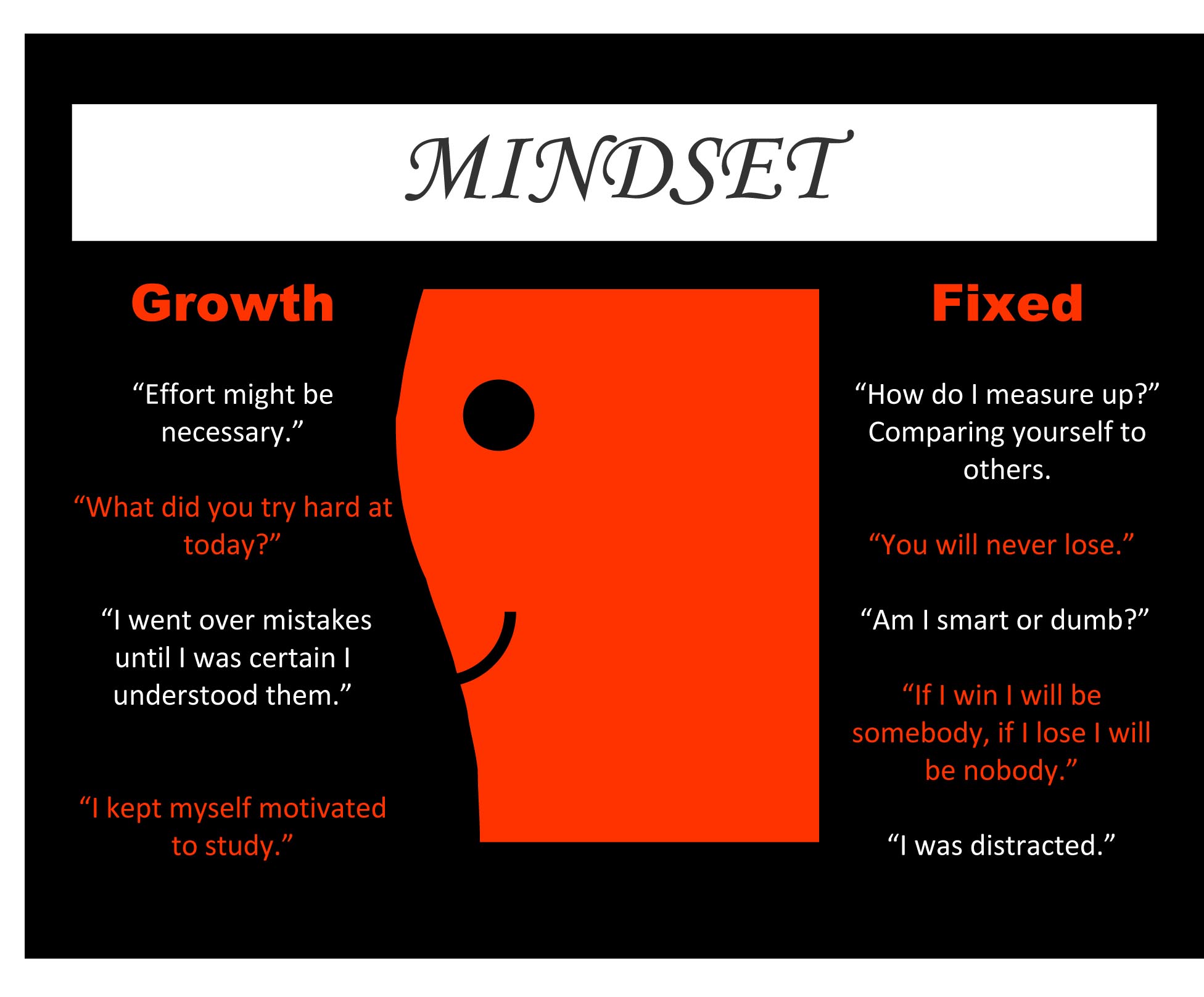Why do some people succeed while others do not?
As the summer Olympics came to an end, we saw youngsters like 16-year-old Gabby Douglas and 17-year-old Missy Franklin succeed. We looked to them and wondered how hard they worked and how much they had accomplished. We even remembered Michael Phelps, who began his Olympic career in Sydney at 15.
How did they ever become so great? What gave them the edge when other gymnasts and swimmers wanted it just as much? What can we learn from them?
It’s all about mindset.
Psychology professor and leading researcher of motivation Carol S. Dweck sums it all up in her book Mindset: The New Psychology of Success. In the book Dweck addresses the reason why some succeed while others flop.
From her research Dweck claims that there are two mindsets, fixed and growth. People can have both mindsets but overall one defines them.
In the fixed mindset people believe they are born with a fixed set of gifts and talents, whether athletically or intellectually. People with the fixed mindset face a question or a problem with fear because failure to perform equals failure in themselves. To them failure is a character flaw.
Many people with the fixed mindset are very intelligent but don’t want to take a chance of looking less intelligent than they are. For them it’s all about others’ perceptions of them.
The growth mindset enables people who face a question or a problem with enough courage to attempt it. People who have the growth mindset show more resilience, learning, questioning and have less fear of being wrong. For the most part these students are enthusiastic, hard working and persistent because they know their future depends entirely on them.
Dweck essentially discovered that IQ is malleable. Two recent studies have backed up Dweck’s 20-some years of research at Stanford.
A recent report from The Wall Street Journal supported Dweck’s claim. Law students who crammed and studied for the LSA (the law school entry exam) for at least 100 hours over three months raised their IQ scores on tests. The report suggested that by studying the frontal lobes and the parietal lobes of the brain was able to make connections and result in thinking and reasoning.
After three years of high school, senior Sam Lucht was able to look back on his previous years.
“Junior year was really difficult for me,” Lucht said. “I had a really hard time finishing all my homework. I just had to work through it. It was hard but I did it.”
Lucht was able to survive and succeed. By taking the time to finish his homework Lucht demonstrated the growth mindset.
Another recent report which appeared in the National Academy of Sciences suggested the same theory that IQ is malleable. The study showed that adults who used marijuana through their teenage years into adulthood significantly reduced their IQ.
When it comes down to it, the growth mindset is all about motivation. Junior Poppy Anema works hard in whatever she does and no matter what others say or think her motivation is what brings her success.
“And if in the end someone else is more talented or works harder, then so be it,” Anema said. “I feel good knowing I did the best I can do.”
For this new school year, try your best and persist. The only way to become a person of the growth mindset is to take chances and learn as much as possible.

